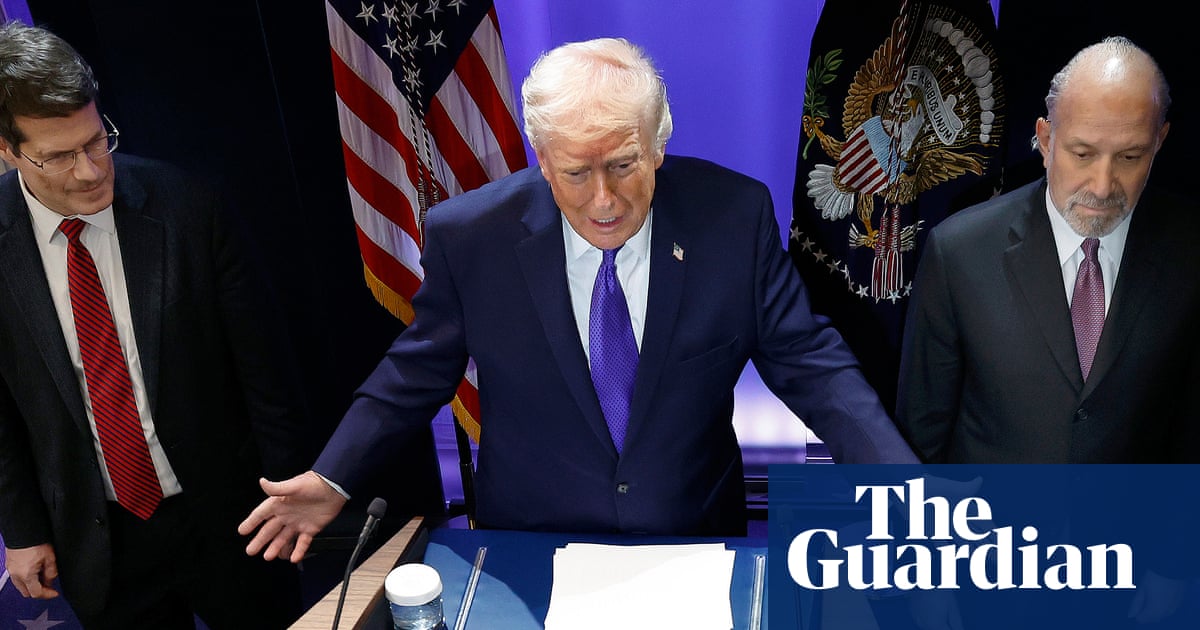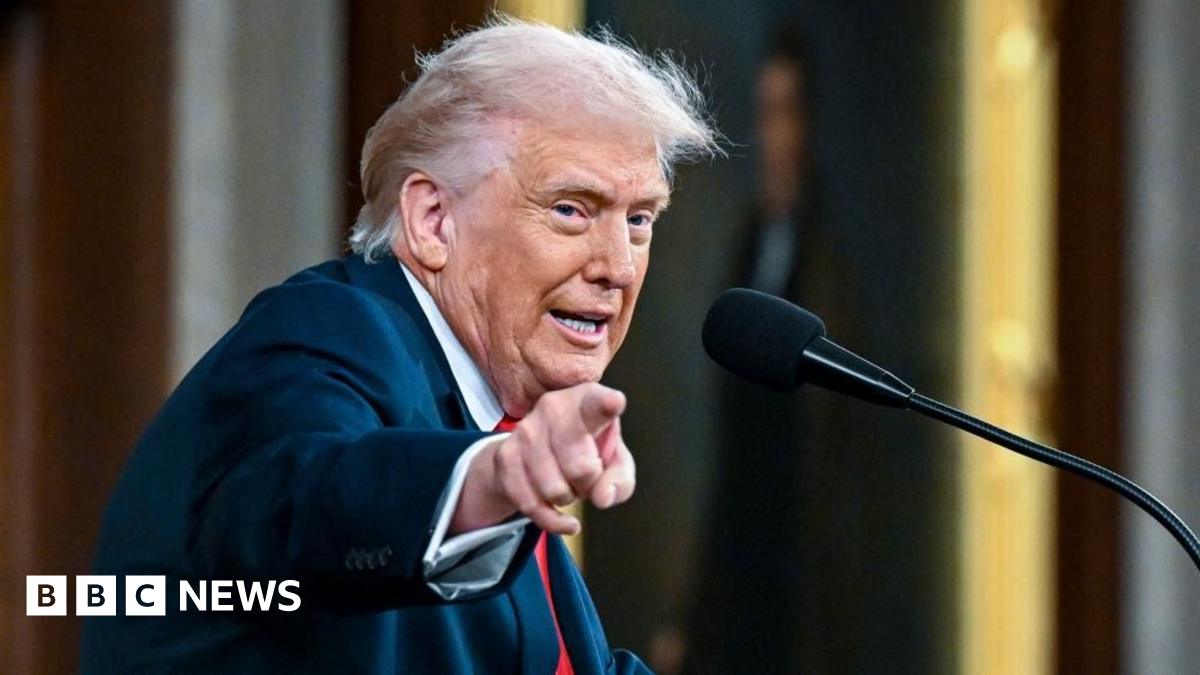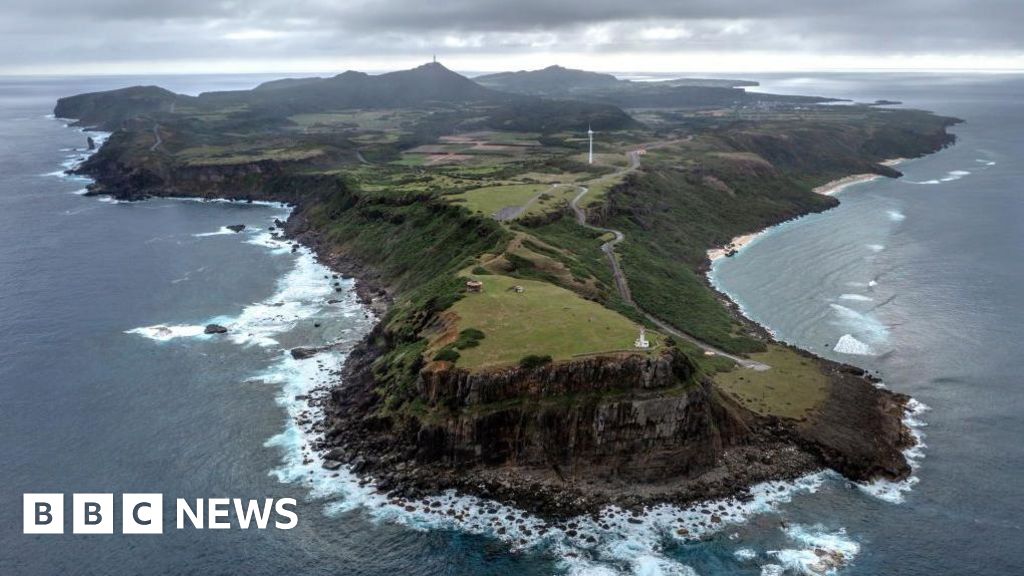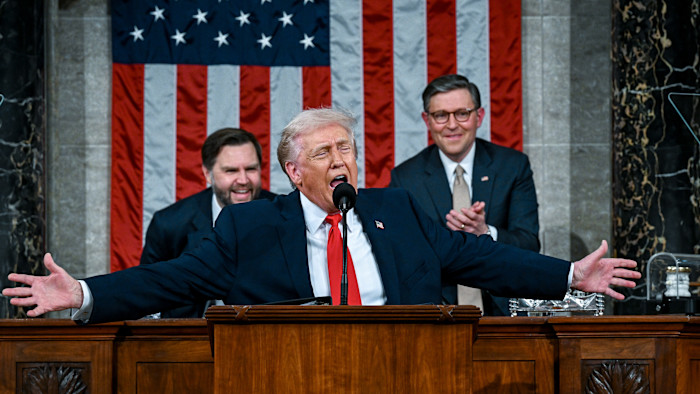KABUL, Feb. 25 (Xinhua) — Police in western Afghanistan’s Nimroz province thwarted attempts to smuggle illegal drugs and arrested two smugglers on Tuesday, provincial police spokesman Mawlawi Gul Mohammad Qudrat said Wednesday.
The…
KABUL, Feb. 25 (Xinhua) — Police in western Afghanistan’s Nimroz province thwarted attempts to smuggle illegal drugs and arrested two smugglers on Tuesday, provincial police spokesman Mawlawi Gul Mohammad Qudrat said Wednesday.
The…
KABUL, Feb. 25 (Xinhua) — Police in western Afghanistan’s Nimroz province thwarted attempts to smuggle illegal drugs and arrested two smugglers on Tuesday, provincial police spokesman Mawlawi Gul Mohammad Qudrat said Wednesday.
The…

Good morning. Let’s delve into the two Ts shaping the global economy right now: tariffs and Trump.
Last week, the US supreme court ruled that Donald Trump had unlawfully used executive powers to impose sweeping global tariffs. In a 6-3 decision,…

By Tom Edgington
Trump talked about affordability his speech, with Trump claiming his policies were rapidly ending high prices.
One of the items he listed was beef, where he…


Donald Trump lashed out at Tehran’s “sinister” nuclear ambitions in his State of the Union address as he laid out Washington’s justification for possible US military action against the Islamic republic.
The US president accused Iran of…